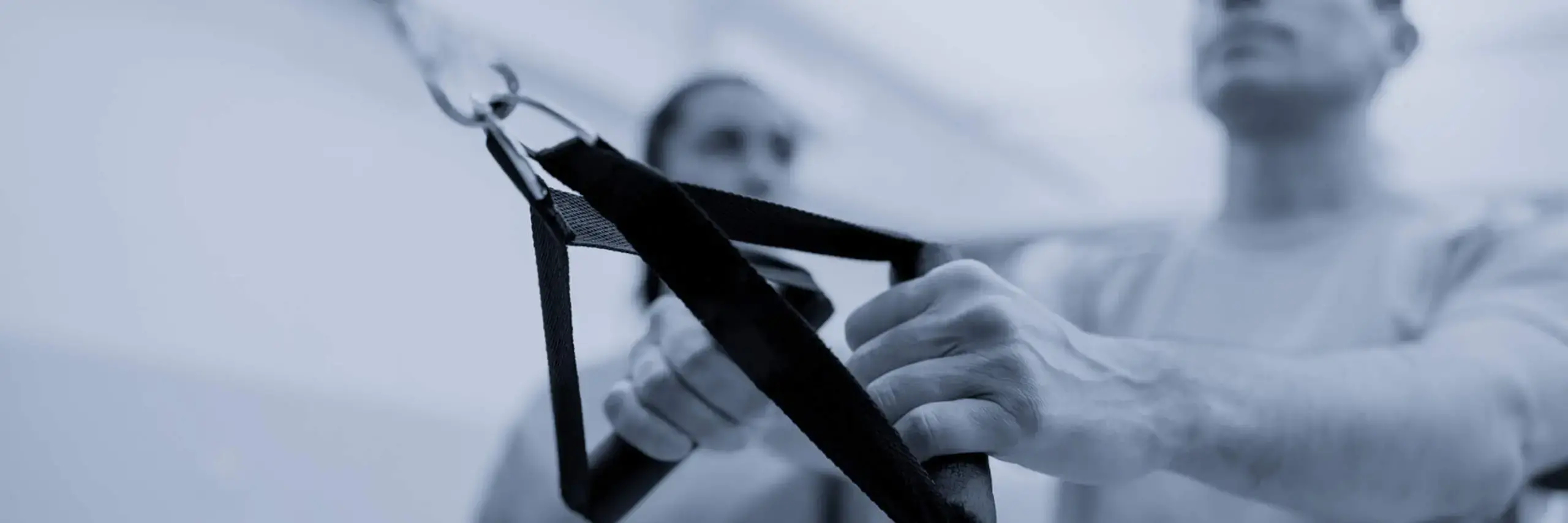Main content
The role of health professionals in tackling health inequalities
14 Dec 2023
In Safer care for all, we looked at the impact of inequalities on patients, service users and registrants, and on public confidence more widely. We also took a closer look at what professional regulation (and beyond) could do to tackle inequalities in health and care. More than 90 participants joined us online to explore whether health and care professionals in the UK should have an explicit responsibility in supporting action to address these disparities as they do in other countries. And, if so, whether regulators need to reinforce such a role through their training, standards and guidance.
The event was attended by colleagues from the NHS, patient organisations, professional bodies, regulators and employer bodies.
With an early start to ensure that delegates could listen to speakers from the Medical Council of New Zealand (where it was much later on in the day) on the Council’s experience of embedding cultural safety for medical professionals in New Zealand, the event heard from a range of excellent speakers also including the NHS Race and Health Observatory, Healthwatch England to talk about the impact of health inequalities on patients and service users, the NHS Confederation on their five-step plan for NHS Trusts in tackling health inequalities, The Health and Care Professions Council on how they have sought to embed EDI considerations into their standards for registrants and the Royal College of Midwives on their work to decolonise midwifery education and training.
The event was well attended with about 90 participants, including colleagues from the NHS, patient organisations, professional bodies, regulators and employer bodies to discuss how to tackle health inequities and consider what further actions should be taken. As well as the presentations there was some excellent discussions looking at the balance between carrot and stick in encouraging a more active role by healthcare professionals in tackling health inequalities, the importance of education and training in embedding expectations, the need for strong leadership by all organisations, the importance of listening closely to what patients and service users are telling us and the value of unity in tackling shared problems.


